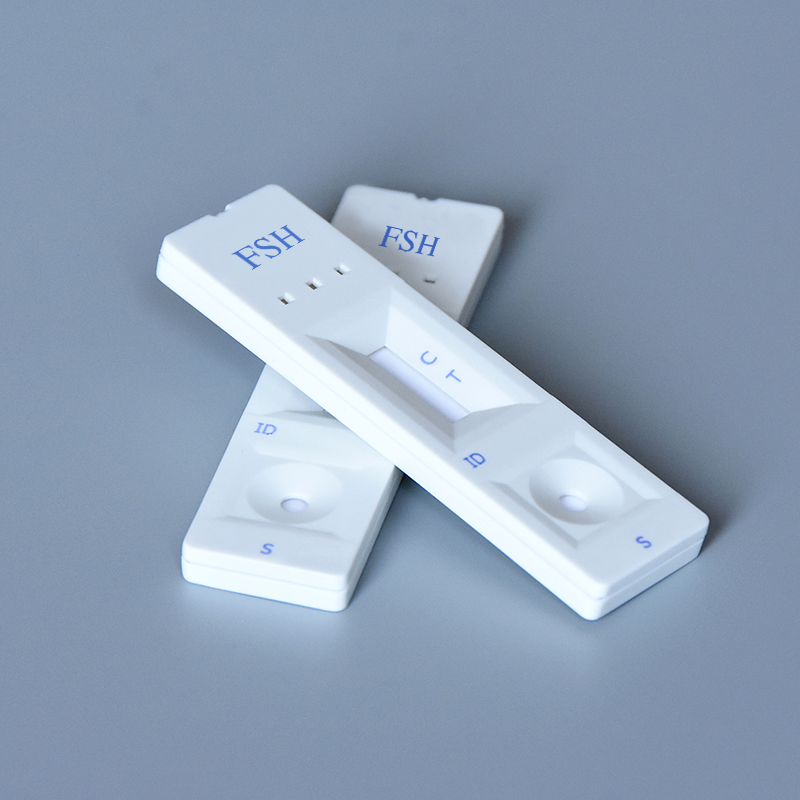Jan . 14, 2025 12:26 Back to list
helicobacter pylori diagnostic test
The advent of advanced medical diagnostics has revolutionized how we approach gastrointestinal health, and one of the foremost developments is the Helicobacter pylori diagnostic test. As we delve into the world of digestive health, understanding the nuances of this test and its far-reaching effects is crucial for both patients and healthcare providers.
Moreover, healthcare providers are now equipped with an array of options to tailor diagnostic strategies according to individual patient needs. For instance, urea breath tests—which require patients to consume a urea solution—offer a non-training-dependent way to deliver reliable results. This adaptability ensures that patients with varying medical backgrounds can receive personalized care without compromise. The expertise of medical professionals conducting these tests further augments their reliability. Interpreting results requires a deep understanding of gastrointestinal pathology, underscoring the vital role of experienced gastroenterologists. Their authoritative knowledge ensures that patients not only understand their diagnosis but are also guided through subsequent treatment processes with utmost care and professionalism. The trustworthiness of these diagnostic tests is firmly established through extensive clinical validation. Rigorous testing protocols and the continued refinement of methodologies emphasize safety and efficacy, providing patients with peace of mind. Furthermore, the use of these tests is extensively documented in peer-reviewed journals, with research continuously validating their application in diverse demographics and healthcare settings. In conclusion, the Helicobacter pylori diagnostic test represents a remarkable intersection of experience, expertise, authoritativeness, and trustworthiness in medical diagnostics. As healthcare evolves, it remains a cornerstone for early detection and management of gastrointestinal conditions. Both patients and healthcare practitioners benefit from this crucial advancement, reinforcing the importance of continued innovation in diagnostics. Embracing these advancements ensures not only better health outcomes but also an enhanced understanding of personal digestive health in the long run.


Moreover, healthcare providers are now equipped with an array of options to tailor diagnostic strategies according to individual patient needs. For instance, urea breath tests—which require patients to consume a urea solution—offer a non-training-dependent way to deliver reliable results. This adaptability ensures that patients with varying medical backgrounds can receive personalized care without compromise. The expertise of medical professionals conducting these tests further augments their reliability. Interpreting results requires a deep understanding of gastrointestinal pathology, underscoring the vital role of experienced gastroenterologists. Their authoritative knowledge ensures that patients not only understand their diagnosis but are also guided through subsequent treatment processes with utmost care and professionalism. The trustworthiness of these diagnostic tests is firmly established through extensive clinical validation. Rigorous testing protocols and the continued refinement of methodologies emphasize safety and efficacy, providing patients with peace of mind. Furthermore, the use of these tests is extensively documented in peer-reviewed journals, with research continuously validating their application in diverse demographics and healthcare settings. In conclusion, the Helicobacter pylori diagnostic test represents a remarkable intersection of experience, expertise, authoritativeness, and trustworthiness in medical diagnostics. As healthcare evolves, it remains a cornerstone for early detection and management of gastrointestinal conditions. Both patients and healthcare practitioners benefit from this crucial advancement, reinforcing the importance of continued innovation in diagnostics. Embracing these advancements ensures not only better health outcomes but also an enhanced understanding of personal digestive health in the long run.
Next:
Latest news
-
Highly Accurate hCG Pregnancy Test Strips - 5 Min Results
NewsAug.02,2025
-
Premium Empty ABS Plastic Cassettes: Durable & Lightweight Storage
NewsAug.01,2025
-
Accurate Cocaine (Coc) Rapid Test Kit | Fast & Reliable Detection
NewsJul.31,2025
-
Accurate HCG Pregnancy Test Strips | Fast Home Use Kit
NewsJul.31,2025
-
Reliable Early Pregnancy Test Kit Supplier - Multi Plastic Cassette Options
NewsJul.30,2025
-
Transferrin Rapid Test Cassette – Reliable Tumor Marker Detection
NewsJul.29,2025

